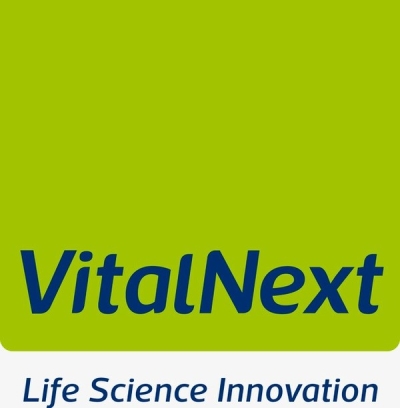Muscle weakness and muscle loss: experimental models, intervention, and biomarkers
The project contributed to the definition of suitable experimental conditions for the study of muscle loss. In joint collaboration, TNO and VitalNext characterized and validated a prototype model for muscle loss and gained more insight into the molecular mechanisms leading to muscle loss.
Malnutrition and age-related loss of muscle mass and strength, or sarcopenia, is a fundamental cause of frailty, functional decline and disability. Due to the rapidly increasing proportion of elderly, this syndrome represents a huge potential public health issue worldwide with high impact on healthcare costs.
Translational preclinical models constitute indispensable tools to identify the underlying mechanisms of muscle loss and evaluate novel therapeutic or preventive interventions. Recently, TNO has developed a mouse model in which sarcopenia can be induced by caloric restriction. However, processes underlying muscle loss are not fully understood and it was unclear whether muscle loss can be monitored with biomarkers in blood. To address these issues, an extensive gene expression analysis (pathways) of liver tissue from this model was combined with histological analysis of muscles, and an analysis of potential biomarkers in blood including tracer molecules derived from low-grade radioactively labeled muscle and application of Accelerated Mass Spectrometer technology.
The findings of the project show that muscle loss can be attenuated with specialized nutrition-based interventions and constitute an essential element in the characterization and validation of the experimental model. The results provide evidence that the model can be used as a tool for basic research as well as product development in the area of muscle health. The outcome of the study was and will be used by the involved researchers (TNO, academic partners of TNO and industrial partners such as VitalNext) as a demonstrator study to present this novel line of research at conferences and companies that are active in the field of metabolic health, frailty and sarcopenia, and nutritional or therapeutic interventions.



